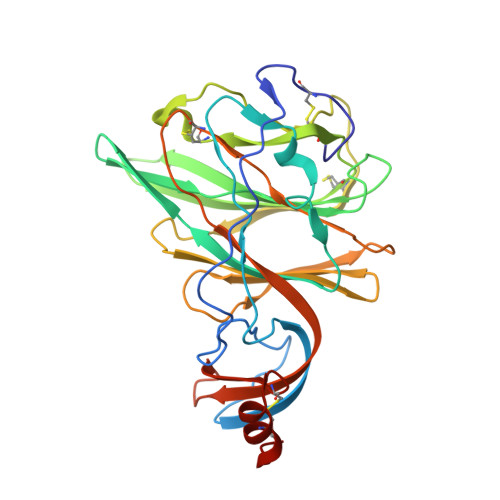
.jpg)
However, a third dose of the original spike from a booster vaccine uplifts the antibody response. Booster vaccine uplifts antibody response Yet the actual levels of protective neutralising antibody responses against Delta had fallen to zero five months after their second dose. Levels of spike antibodies measured three weeks after the second vaccine dose were high. There were a number of cases of Delta breakthrough infection in two dose vaccinated individuals in the study. The study also showed that neutralising antibody responses against variants decay differentially over time after these mixed spike encounters. However, there were higher responses against Delta when compared to encounters with three of the same spike sequences (all with the original, first-wave sequence through infection and two vaccine doses). This was compared against the original strain and the Beta variant. In second wave infected people, three encounters with mixed spike proteins (with sequences following Alpha infection and two vaccine doses) resulted in lower protective (neutralising) antibody responses. The researchers compared protective immunity between people infected in the first wave with the original strain, or in the second wave with the Alpha variant. It involves detailed, longitudinal follow-up of the ‘Barts COVIDsortium’ healthcare worker cohort of 731 individuals, who have been followed since March 2020. The new study looks at ‘immune imprinting’ in healthcare workers after two doses of Pfizer vaccine to understand their immune response to infection by variants of concern. This has important implications for future proofing vaccine design and dosing strategies. Our first encounter with spike antigen either through infection or vaccination shapes our subsequent pattern of immunity through immune imprinting.Įxposure to different spike proteins can result in reduced or enhanced responses to variants further down the line.

Professor Rosemary Boyton, from Imperial’s Department of Infectious Disease, says: In addition, people may be unvaccinated or have had one to three vaccine doses (which are programmed using the spike of the original strain).Įach SARS-CoV-2 variant has different mutations in the spike protein, and the researchers found that these shape the subsequent antibody and T cell responses (the immune repertoire). Globally, people have been exposed to the original strain and/or Alpha, Beta, Gamma, Delta variants and now Omicron. It is known that antibody levels wane over time following infection or vaccination.īut the new research shows that an individual’s protective immune responses are also affected by which strain or combination of strains they have been exposed to.Īt 23 months into the pandemic, people across the world have very different patterns of immunity to the SARS-CoV-2 virus, based on their exposure. It is funded by UK Research and Innovation. The study is published in Science by a team from Imperial College London and Queen Mary University of London. The spike protein imparts different properties that have an impact on the immune system’s ability to protect against variants, and also affects the rate of decay of protection. This encounter could be by vaccination or infection. New research shows that the first SARS-CoV-2 spike protein a person encounters shapes their subsequent immune response against current and future variants.


 0 kommentar(er)
0 kommentar(er)
